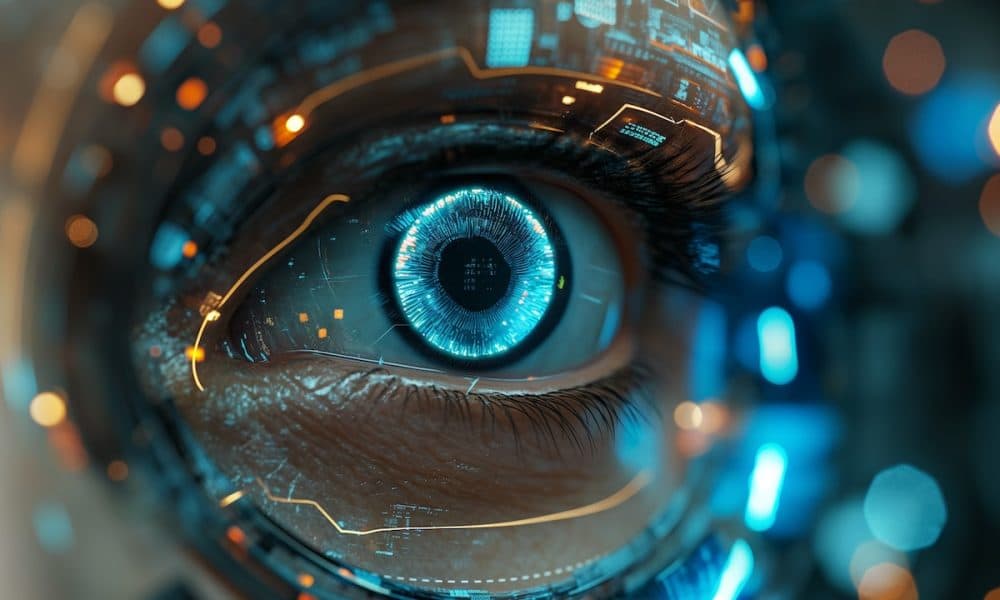
By Matthew Harrison, Managing Director at healthcare transcription provider Accuro
The allure of AI for simplifying processes and streamlining operations grows stronger as it continuously learns and develops.
So, it’s no wonder that AI is considered an effective tool to support the healthcare industry with everything from administration tasks to patient care.
But as it becomes more commonplace, how much do we trust its use in healthcare?
We surveyed over 180 UK residents to gather data on how opinions differ regarding AI uses within the sector and identify any generational differences in trust.
Overall, our research revealed that almost 2 in 5 Brits (39 per cent) trust AI in healthcare. However, most Brits surveyed (61 per cent) are generally distrusting of its use in this sector.
What holds people back from placing their full trust in AI?
All those surveyed agree that while AI can be trusted for administrative uses, they’re less likely to trust it for other vital areas of healthcare, such as patient diagnosis, aftercare and support.
88 per cent also believe AI could play a negative role in patient care and healthcare decisions.
This could be because of concerns around accuracy and patient data security, alongside a lack of understanding of how it works.

Matthew Harrison
Most Brits think AI should only play a part in healthcare staff administrative processes and tasks, with staff remaining mostly in control.
When asked whether they think AI can have a positive role in patient care and decisions, it saw an almost even split, with 47 per cent suggesting it can.
Only 3 in 10 agree it should be used across all healthcare services, from administrative tasks to patient data.
Meanwhile, 43 per cent said the use of tech and AI should be directed towards improving the overall efficiency and speed of processes.
How do the different generations feel about the use of AI in healthcare?
Interestingly, Gen Z (born 1997-2012) and Baby Boomers (born 1946-1964) have the most trust in it, with many saying technology and AI should be used to help improve overall efficiency and speed of processes.
Gen Z shows the most trust in AI (47 per cent), while Gen X (born 1965-1980) and the Silent Generation (born before 1945) remain sceptical.
This suggests that younger people who are more familiar with tech and how AI works are more likely to accept its use in the medical industry.
What does this mean for AI use in Healthcare?
Artificial intelligence offers clear advantages for many administrative and operational uses in the healthcare sector.
Whether it’s generating automated transcriptions for patient notes or supporting with reporting and analytics, AI is paving the way for quick, efficient and more precise processes with less room for human error.
Human-led AI can help transition the integration of AI into different industries where accuracy and efficiency are key.
Hybrid transcription services are a prime example, with initial transcriptions automatically generated and checked for accuracy by humans.
These can be used to streamline many administrative and operational processes, including doctor-dictated reports and procedure notes.
Human support across everything from patient diagnosis to aftercare is the default for many in the healthcare industry.
While it can be more time-consuming, the knowledge of experts in the industry helps ensure accuracy and reliability in any task, including speech-to-text transcription and data analysis.






